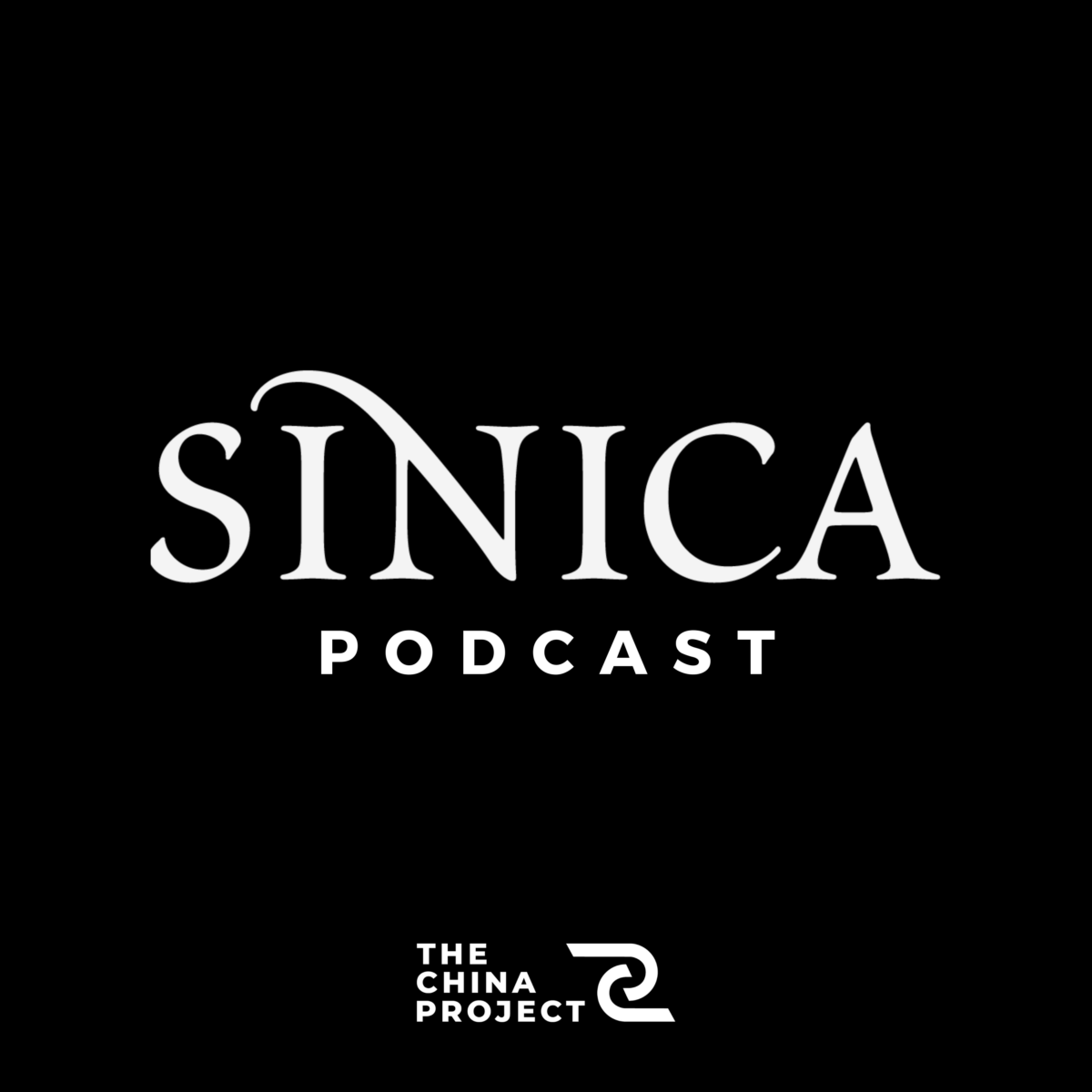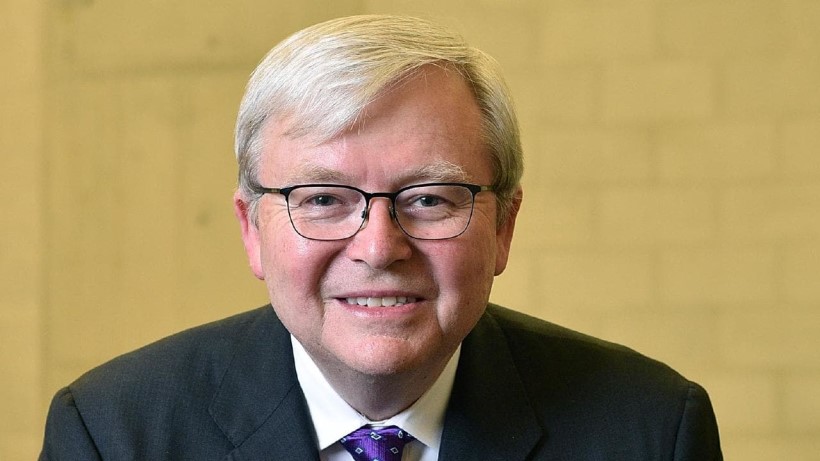This week on Sinica, Kaiser speaks with the Honorable Kevin Rudd, the 26th prime minister of Australia and the inaugural president of the Asia Society Policy Institute. He is also a doctoral student at Jesus College, University of Oxford, who, through his studies, hopes to provide an explanation as to how Xi Jinping constructs his worldview. Mr. Rudd elaborates on the extent to which the Chinese government’s worldview has changed, the current direction of that worldview, and how much of that can be owed to Xi Jinping and domestic political maneuvering.
The two take a deep dive into the state of ongoing flux in the U.S.-China relationship; the now-strategic competition between the U.S. and China; what the new rules for engagement are; Chinese foreign policy transitioning to a more active approach; the most significant changes in the bilateral relationship over the past 12 months; and the current state of Australia-China relations.
What to listen for this week on the Sinica Podcast:
2:39: Rudd describes the transition of Chinese foreign policy from the reserved “conceal one’s strengths and bide one’s time” (韬光养晦 tāoguāng yǎnghuì) to a more active or energetic approach of “be energetic and show promise” (奋发有为 fènfā yǒuwéi), which reflects Beijing’s growing global ambitions.
13:40: Rudd in response to Kaiser’s request for an explanation of the basic tenets of Xi’s worldview in the modern era: “I think the one thing I probably got right about Xi Jinping was an estimation of his character and personality: that he would not be content with being primus inter pares.”
34:48: Rudd elaborates on several events over the past 12 months that he believes to be significant developments in the U.S.-China relationship, particularly Vice President Mike Pence’s speech at the Hudson Institute earlier this month: “In terms of the harshness of the language, I think, again, it will cause Beijing to sit up and take notice, and it will confirm in the minds of many that the impending unfolding period of U.S. ‘containment’ of China is now entrenched.”
45:20: In response to Kaiser’s question on the future of coexistence with an increasingly authoritarian China, Rudd offers a direct response: “If liberal internationalism, as espoused post-’45, is to have a future, then how do you coexist with China? I think the other member states of the international community, if they want the current rules-based order based on its established pillars to survive, they’re going to have to argue for it and argue strongly for it… Otherwise, it will disappear beneath the waves of an economically dominant China over the long term.”
Recommendations:
Kevin Rudd: The film Crazy Rich Asians.
Kaiser: Emperor of China: Self-Portrait of K’ang-Hsi, by Jonathan D. Spence, a historical account written from the perspective of the Kangxi Emperor himself.
This podcast was edited and produced by Kaiser Kuo and Jason MacRonald.








